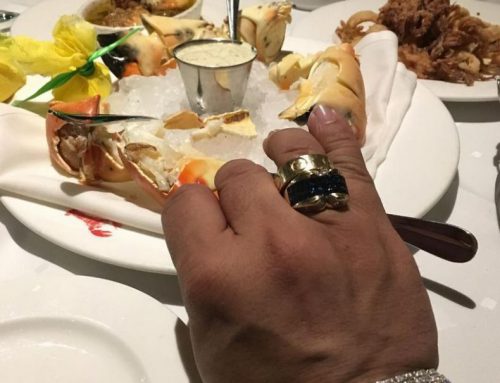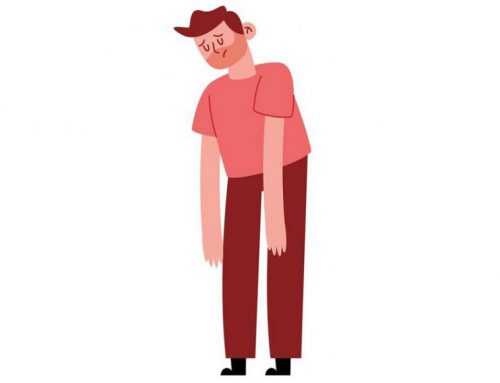BG Note: This item is condensed from an article by Martha C. Nussbaum, a law professor at University of Chicago in Huffington Post
“For one Cosby, there are hundreds like him who will never be indicted.”
I have my own Bill Cosby tale to tell.
In the winter of 1968, when I was an enterprising twenty-year-old, I had a big crush on a well-known actor who shortly became another of America’s beloved TV dads.
He was a really good actor, and at that time he was playing a major stage role in New York.
He was then around forty.
After going out with him a couple of times, I asked him back to my off-campus apartment.
I had had some sexual experience, but not much; however, I decided to be daring, since it was the late 60’s and I felt that I should join the culture. Unlike the Cosby women, I certainly intended to consent to intercourse.
What I did not consent to was the gruesome, violent, and painful assault that he substituted for intercourse.
I remember screaming for help, to no avail, and I remember him saying, “It’s all part of sex.”
I never seriously considered going to the police, even though there was a lot of forensic evidence.
I was just too embarrassed.
I didn’t even go to a doctor.
And I thought, with good reason, that the police would dismiss the issue because I had after all consented to some kind of sex act.
Even now, the law is not well equipped to handle that type of case, since consent is usually understood to be an all or nothing matter, despite the fact that there is a world of difference between what I intended to consent to and what happened to me.
But the issue I want to focus on is that even had all these problems been solved, the celebrity in question would certainly have prevailed.
He would have denied my allegations, cast aspersions on my reputation, even perhaps attempted to portray me as an extortionist.
My life, personal and professional, would have been profoundly damaged, and nothing would have been accomplished.
I’ve had a very happy life, in sexual and other respects.
I observed the moralized public enthusiasm for my assailant with ironic detachment.
Only thirty years later, when he ran for a major political office, did I ever consider coming forward with my story, just to tell the story, since I thought it was preposterous that he should hold a position of public trust.
But close friends assured me that nobody would believe me after such a lapse of time, and he would be certain either to portray me as an extortionist or to sue me for defamation.
(The famous are indeed unusually exposed to extortion, and that vulnerability itself is an aspect of their impunity: everyone easily believes that this is what a complaining woman is after.)
I consoled myself with the fact that he was after all a Democrat, running against an especially vapid Republican opponent.
Even now that he is dead, I don’t name him, because the Vince Foster case showed us that a person’s privacy interest can be held to survive death, and who on earth knows what some court might say about a reputational interest?
Ralph Waite
Source: http://blindgossip.com
Read more on these









